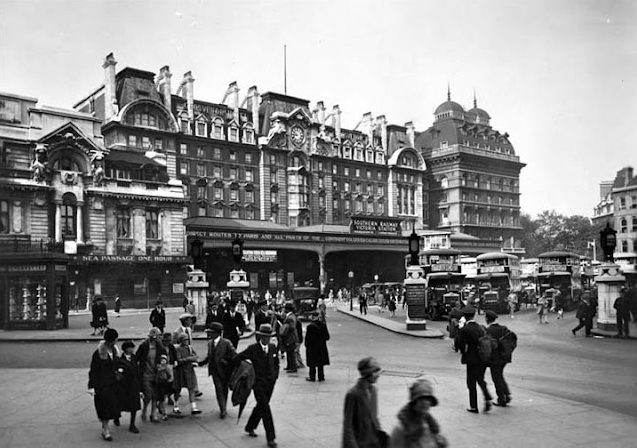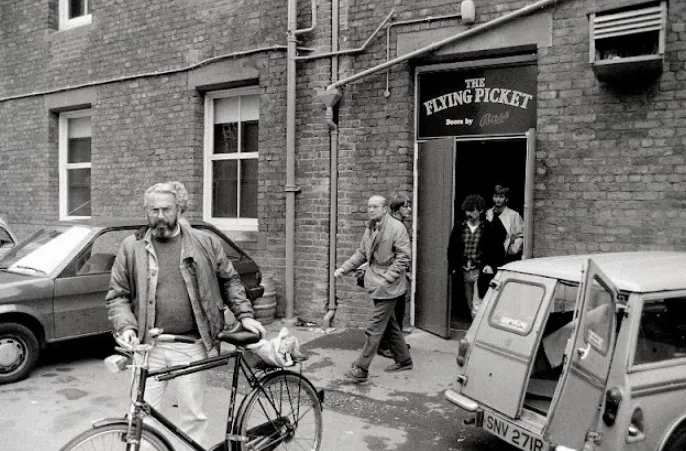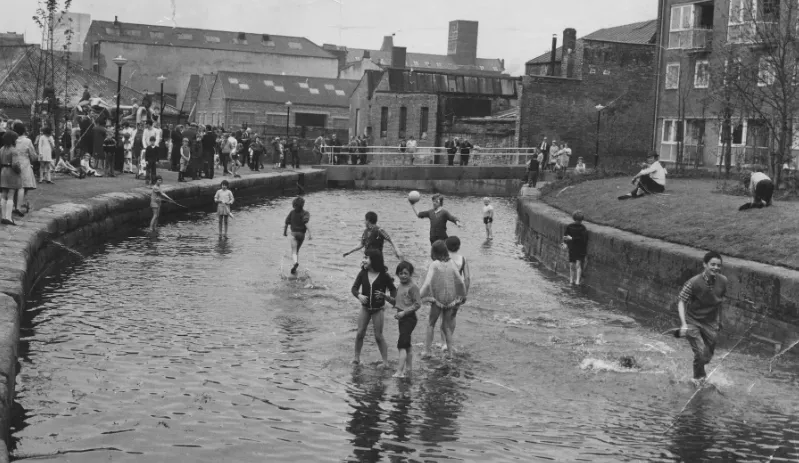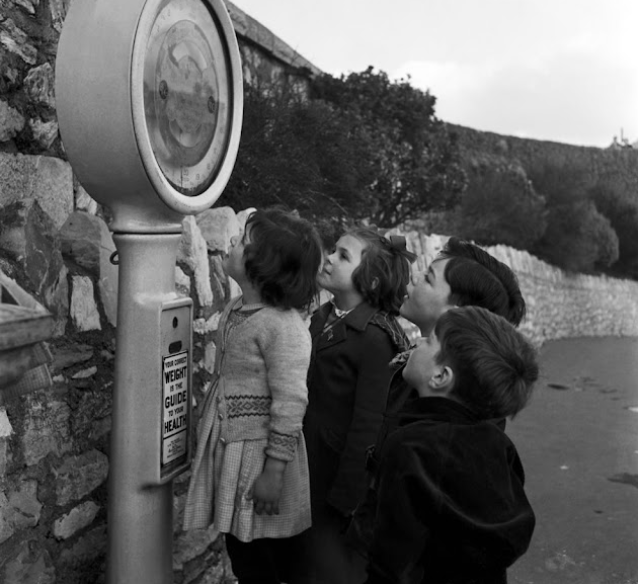At the beginning of the 20th century surveys showed that 25% of the population of England were living in poverty. They found that at least 15% were living at subsistence level. They had just enough money for food, rent, fuel and clothes. They could not afford 'luxuries' such as newspapers or public transport. About 10% were living in below subsistence level and could not afford an adequate diet.
The surveys found that the main cause of poverty was low wages. The main cause of extreme poverty was the loss of the main breadwinner. If dad was dead, ill or unemployed it was a disaster. Mum might get a job but women were paid much lower wages than men.
Surveys also found that poverty tended to go in a cycle. Workers might live in poverty when they were children but things usually improved when they left work and found a job. However when they married and had children things would take a turn for the worse. Their wages might be enough to support a single man comfortably but not enough to support a wife and children too. However when the children grew old enough to work things would improve again. Finally, when he was old a worker might find it hard to find work, except the most low paid kind and be driven into poverty again.
These fascinating photos from Photos of the Past that show what everyday life in England looked like in the 1900s.

|
| Birmingham Council House |

|
| Canterbury Quadrangle, St. John's College, Oxford |

|
| Church of St John the Baptist, Adel, Leeds |
 |
| Church, Eastwood |
 |
| Coast Guard, Canvey |
 |
| Cottage in Essex |
 |
| Denham, Buckinghamshire |
 |
| Dutch Farm at Canvey |
 |
| Dutch Prison at Canvey |
 |
| Eastbourne gardens and seafront |
 |
| Hadleigh Castle ruins |
 |
| High Street and St Mary the Virgin, Oxford |
 |
| Holy Trinity Church and the River Avon at Stratford-upon-Avon |
 |
| Holy Trinity Church, Stratford-upon-Avon |
 |
| Houses of Parliament, London |
 |
| Lynmouth, Devon |
 |
| Magdalen tower and bridge, Oxford |
 |
| Market Street, Kings Arms pub and hotel, Woodstock |
 |
| Mason Croft, Stratford-upon-Avon |
 |
| Newgate Gap Bridge, Margate |
 |
| Newgate Gap Bridge, Margate |
 |
| Old Sun Inn, Market Hill, Saffron Walden, Essex |
 |
| Oyster Saloon and Norton & Turton warehouse, Lincoln |
 |
| Pulls Ferry, Norwich |
 |
| Radcliffe Camera, Bodleian Library, and Hawksmoor's Codrington Library (All Souls College), Oxford |
 |
| Rye, East Sussex |
 |
| Shakespeare's birthplace, Stratford-upon-Avon |
 |
| Sheldonian theatre and the Clarendon building, Oxford |
 |
| Southend pier |
 |
| St Katherine's church, Canvey |
 |
| St Lawrence church, Lechlade, Gloucestershire |
 |
| St Lawrence Church, North Hinksey, Oxfordshire |
 |
| St Mary Magdalene, Launceston, Cornwall |
 |
| St Mary's Catholic Church, Great Yarmouth |
 |
| St Mary's Church, Bampton, Oxfordshire |
 |
| St Marys Church, Fairford, Gloucestershire |
 |
| St Michael and All Angels Church, Clifton Hampden, Oxfordshire |
 |
| St Peters Church, Filkins, Oxfordshire |
 |
| St. Mary the Virgin, Oxford |
 |
| The beach at Dover, Kent |
 |
| The Dove, Hammersmith |
 |
| The Island Hotel, Eel Pie Island |
 |
| The Keep, Kenilworth Castle |
 |
| Tom Tower, Christchurch College, Oxford |
 |
| Victoria and Albert Museum, under construction, London, 1906 |
 |
| West Pier, Brighton |
 |
| Westcliff-on-Sea, Essex |
 |
| Windmill, Rayleigh |
 |
| York Hotel and harbour, Salcombe |
 |
| 3 Lombard Street, Margate |
 |
| 59 Maxse Road, Knowle in Bristol, 1906 |
 |
| All Saints Church, Bisham, Berkshire |
 |
| Bampton, Oxfordshire |



